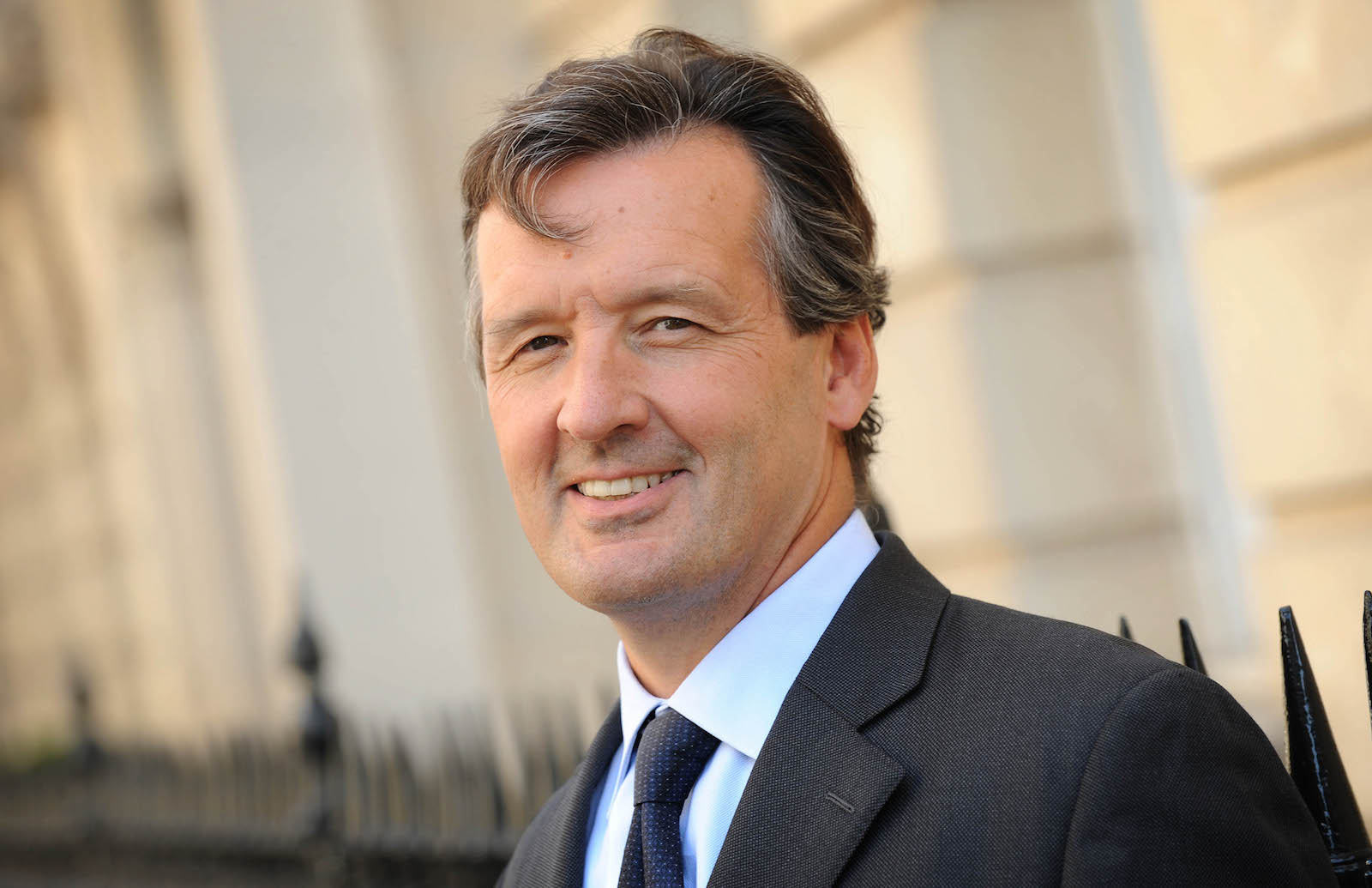Big Society Capital CEO commits to greater transparency as investments triple
CEO of Big Society Capital (BSC) Nick O’Donohoe has said the social investment bank will be more transparent going forward following criticism from the sector.
Speaking at BSC’s third anniversary event, O’Donohoe said it "wasn't our intent" to act in a way that was not considered transparent, but that criticism "did force us to sit down and ask ourselves, 'Are we doing enough to be transparent?'” from now on. He announced that BSC would be launching a "Conversation" with stakeholders "to try and find out what would be valuable so we can live up to that principle".
Earlier this year, the Alternative Commission on Social Investment’s report concluded that BSC and other organisations in the sector should “publish information on all social investments across all investors”.
 CEO of Big Society Capital Nick O'Donohoe. Photo credit: Big Society Capital
CEO of Big Society Capital Nick O'Donohoe. Photo credit: Big Society Capital
To coincide with the three year anniversary, BSC published its 2014 annual report and first ever social impact report, revealing that the amount of money signed and available to charities and social enterprises has increased to £359m across 36 different investments, in comparison to £104m in the previous year.
It also revealed that £136m has so far been drawn down by charities and social enterprises since the social investment bank was founded in 2012. Of that total, £51m came from BSC, with the remaining amount coming from co-investors.
Speaking at a panel session at the event, Dai Powell, CEO of Hackney Community Transport, said it was important to "concentrate on the changemakers not the pontificators" in the sector to encourage growth that maximised social mission. HCT has witnessed massive and consistent growth over many years thanks, in part, to social investment,
In an interview with Pioneers Post before the anniversary event, O’Donohoe said that the biggest challenge over the past three years has been “to better understand which particular social issues can be addressed through capital”.
“Historically the vast majority of funding that goes into the social sector is in the form of income, not repayable finance such as loans or other forms of investment,” he said.
Another challenge has also been to counter the idea that social investment is a substitute for grants. “It’s not – it can be a complement to grants and donations. Articulating that has also been challenging,” O’Donohoe concluded.
Looking ahead, O’Donohoe said that it was essential to understand that the development of the social investment market will take “many, many years, possibly decades”.
He said that while “naturally there’s an impatience to see very large numbers”, this had always been a “long-term project”.
BSC’s recently appointed social sector engagement director and former Social Enterprise West Midlands CEO Melanie Mills said in agreement: “As a sector we’re impatient because we’re passionate individuals driven by the want to create social and environmental impact, but I think the change is coming and is marching at a pace.”
Considering the more imminent future, O’Donohoe said: “The Conservatives have said in their manifesto that there are three areas – homelessness, youth unemployment and mental illness – that they specifically want to explore a greater use of social impact bonds and social finance to fund more early intervention and more preventative measures so they don’t have to pay a lot of money later on to treat.
“I think that the idea of a social outcomes fund being part of the upcoming spending review is absolutely critical to the development of the market.”
To download BSC’s 2014 annual review, click here.
Photo credit: Images Money

![[file:field_file_image_alt_text]](https://www.pioneerspost.com/sites/default/files/styles/node-teaser/public/images/article/Linford%20and%20children%20Fenham1.jpg?itok=FQY4d_lM)

